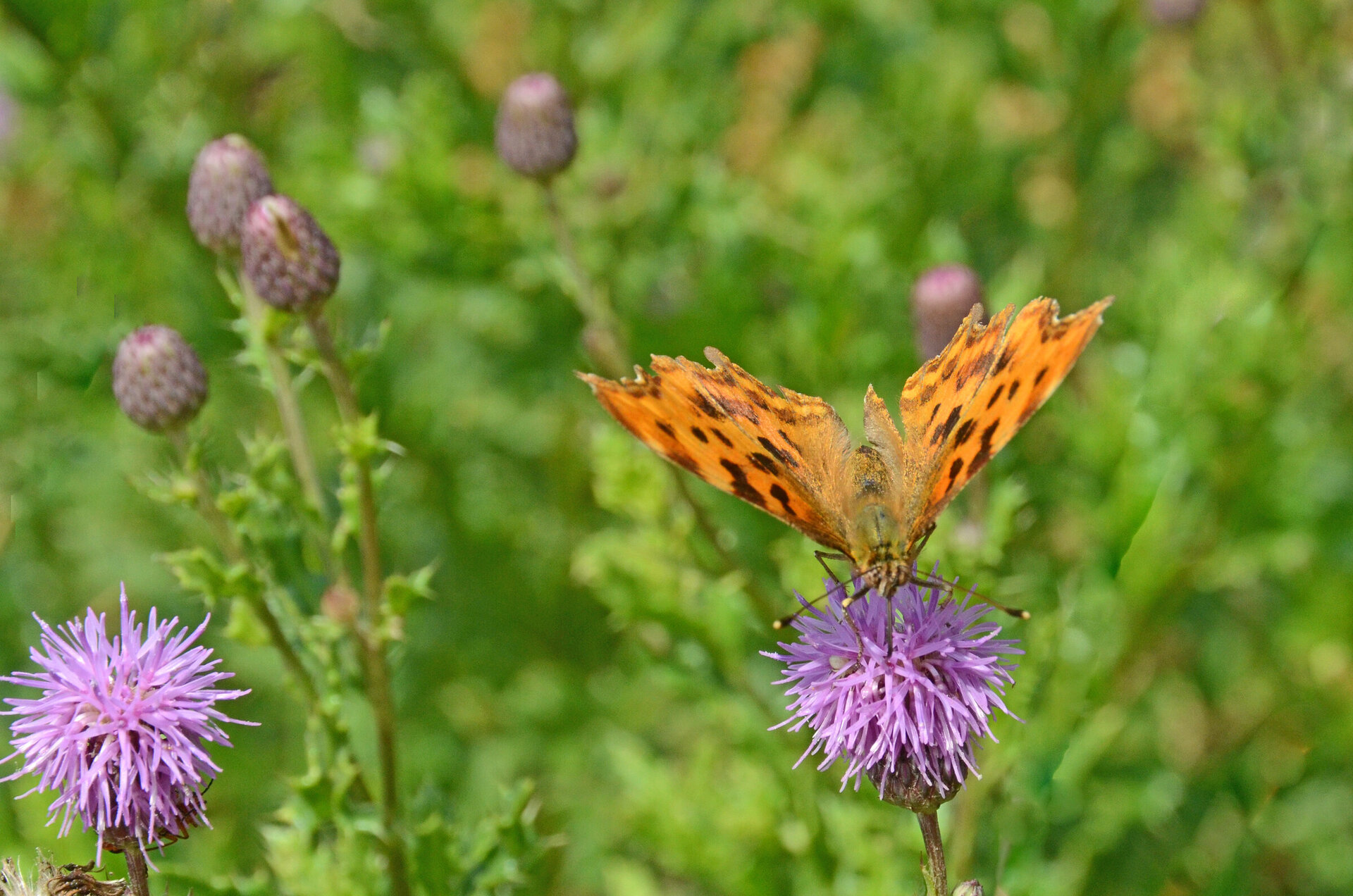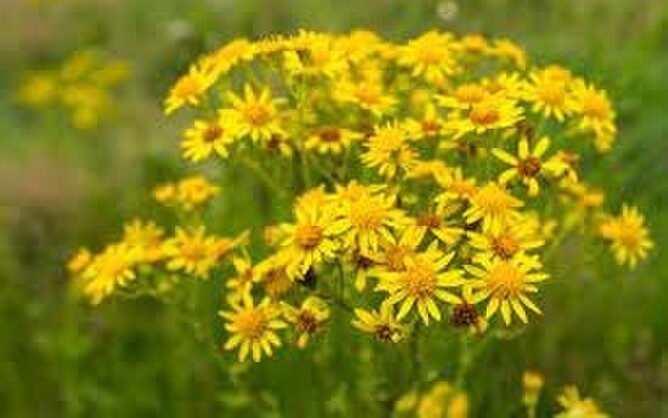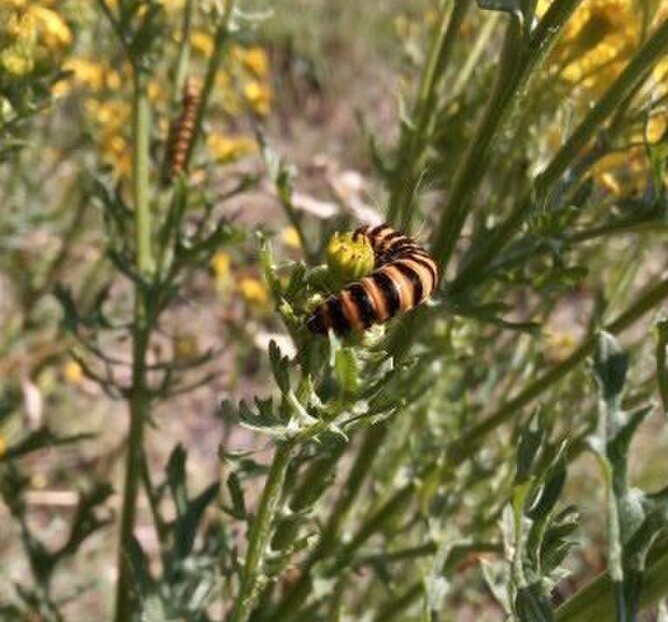The pretty yellow daisy like flower that you often see if fields and hedgerows is the Ragwort. This plant is injurious to horses and can cause liver damage and death. People with horses regulalrly pull up the ragwort in their fields and even those without horses should pull it out because once it seeds, the wind blows them away, just like dandelion seeds, and the infestation starts all over again. You should always wear gloves when handling ragwort as it can cause problem for humans too.
Imagine this. You stop eating. You get stomach pains. You’re losing weight – fast. You have no energy. The sun hurts your skin. You lose co-ordination. You’re struggling to breathe. Now you’re going blind. Worst of all, you can’t tell anyone how bad you feel – and even if you could, it’s too late for them to help you. This is how ragwort affects horses. Horses can die after eating small amounts of ragwort as the cumulative effect is just as deadly. Owners return to the field to find their beloved horse dead.
Apart from human intervention and pulling up the plant and burning it, there is a natural predator that feeds on ragwort. This is the cinnabar caterpillar. The toxins within the growing ragwort plant make it so bitter and unpalatable that it is usually avoided, but the cinnabar caterpillars feast upon ragwort without ill effect. They Cinnabar Caterpillaractually benefit from its toxicity by eating enough of it to become toxic themselves, and their colourful stripes are a warning to predators: I’m poisonous and taste terrible, don’t try to eat me. On Rye Meadows we pull up ragwort as soon as we identify it but our friendly assistants - the cinnabar caterpillar, are present as well as this photo shows, taken on Tuesday 21st July 2020 by Richard Wassell.
There is Oak Processionaty Moth in the area and when the larvae hatch the caterpillars march up the tree in a long line as if they are going on parade. If you see the cinnabar caterpillar on ragwort please do not assume these are bugs to squish. They are our allies in the fight against ragwort.


